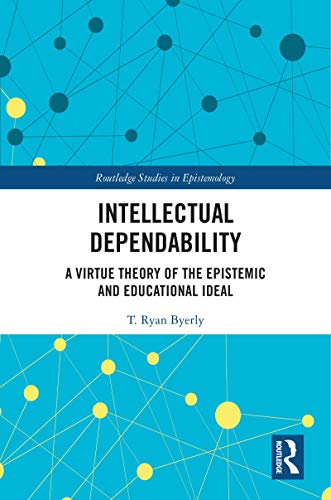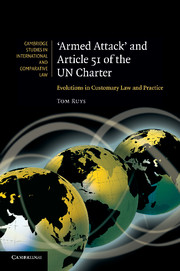Intellectual Dependability is the first research monograph devoted to addressing the question of what it is to be an intellectually dependable person—the sort of person on whom one’s fellow inquirers can depend in their pursuit of epistemic goods. While neglected in recent scholarship, this question is an important one for both epistemology—how we should conceptualize the ideal inquirer—and education—how we can enable developing learners to grow toward this ideal.
The book defends a virtue theory according to which being an intellectually dependable person is distinctively a matter of possessing a suite of neglected virtues called "the virtues of intellectual dependability" that are themselves distinctively concerned with promoting epistemic goods in others’ inquiries. After defending the existence and educational significance of these virtues as a group, the book turns toward the project of identifying and conceptualizing several specific instances of these virtues in detail. Virtues discussed include intellectual benevolence, intellectual transparency, communicative clarity, audience sensitivity, and epistemic guidance. In each case, an interdisciplinary treatment of the nature of the virtue and its relationship to other virtues, vices, and personality features is offered, drawing especially on relevant research in Philosophy and Psychology. The book concludes with a chapter devoted to identifying distinctive ways these virtues of intellectual dependability are manifested when it is inquiring communities, rather than individuals, that occupy the position of intellectual dependence.
چکیده فارسی
اعتماد فکری اولین تک نگاری پژوهشی است که به این سؤال اختصاص داده شده است که یک فرد قابل اعتماد فکری چیست - نوعی از فردی که همپیمانان میتوانند در جستجوی کالاهای معرفتی به او وابسته باشند. . در حالی که در تحقیقات اخیر نادیده گرفته شده است، این سوال هم برای معرفت شناسی – اینکه چگونه باید پرسشگر ایده آل را مفهوم سازی کنیم – و هم آموزش – که چگونه می توانیم یادگیرندگان در حال رشد را قادر به رشد به سوی این ایده آل کنیم، مهم است.
این کتاب از نظریه فضیلتی دفاع میکند که بر اساس آن، فردی قابل اعتماد بودن به لحاظ فکری به طور مشخص به دلیل داشتن مجموعهای از فضایل نادیده گرفته شده به نام «فضیلت قابل اعتماد بودن فکری» است که خود به طور مشخص به ترویج کالاهای معرفتی در تحقیقات دیگران مربوط میشوند. کتاب پس از دفاع از وجود و اهمیت تربیتی این فضائل به صورت گروهی، به پروژه شناسایی و مفهوم سازی چند نمونه خاص از این فضایل به تفصیل می پردازد. فضائل مورد بحث عبارتند از خیرخواهی فکری، شفافیت فکری، وضوح ارتباطی، حساسیت مخاطب، و راهنمایی معرفتی. در هر مورد، یک درمان میان رشتهای از ماهیت فضیلت و رابطه آن با دیگر فضایل، رذایل و ویژگیهای شخصیتی ارائه میشود که بهویژه بر اساس تحقیقات مرتبط در فلسفه و روانشناسی است. کتاب با فصلی خاتمه مییابد که به شناسایی روشهای متمایزی که این فضیلتهای قابل اعتماد بودن فکری نشان داده میشود، هنگامی که در حال تحقیق در مورد جوامع هستند، نه افراد، که موقعیت وابستگی فکری را اشغال میکنند، به پایان میرسد.
ادامه ...
بستن ...
ISBN-13: 978-0367333690
ISBN-10: 0367333694
ادامه ...
بستن ...










